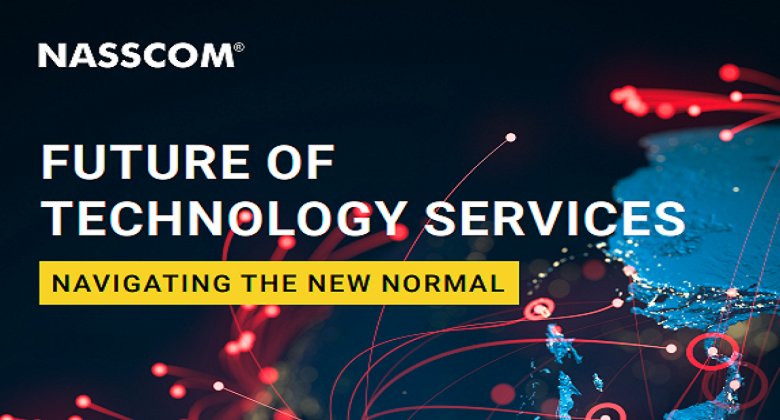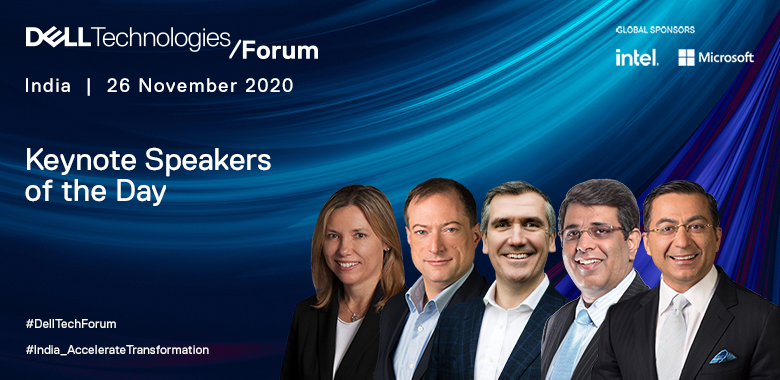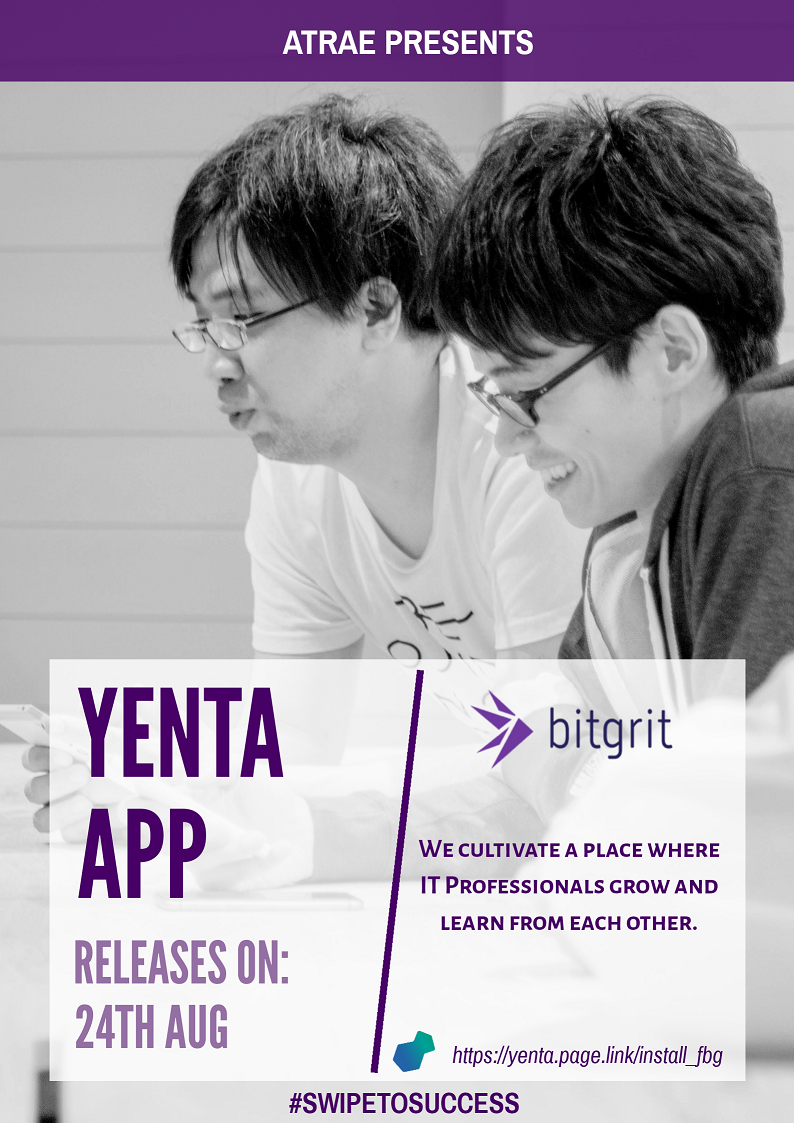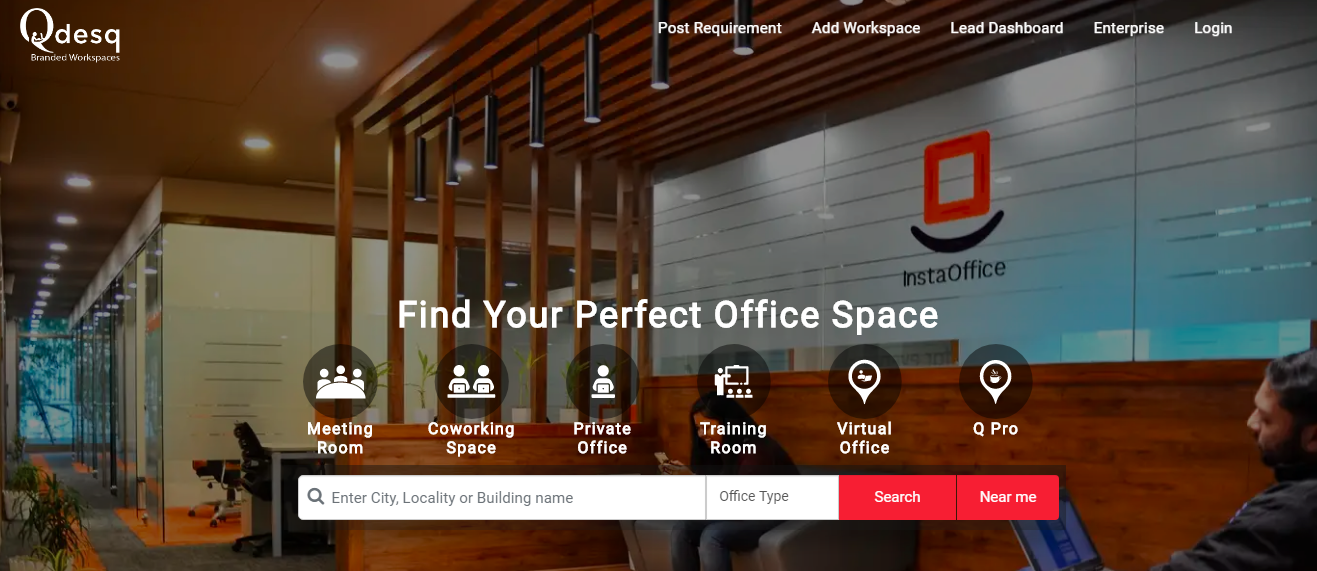The year 2020 is likely to be remembered as the year that changed the lives of many of us, all thanks to the COVID-19 pandemic:(. The global pandemic that wreaked havoc on the global economy also resulted in expediting the digitalization process across different sectors and industries. The long-standing digital transformation is the most encouraging result that will come out of the pandemic.

Remote work became a reality for millions of people across the globe. Cloud computing is helping people and businesses stay connected. Its adoption will increase in years to come and it makes utmost sense to have skills in those areas that will be relevant in the fast-changing technology sector.
Owing to remote working, professionals are finding time to focus on improving their competency by investing time on quality courses. Upskilling has become extremely relevant during the ongoing pandemic [Source]. Developers have a once in life-time opportunity to upskill whilst doing their office work from the comfort of their homes.
Here are some of the top developer courses that will help to stay relevant in the year 2021 [and beyond]:
Cloud Computing
The global cloud market size is expected to grow at a CAGR [Compound Annual Growth Rate] of 12.5 percent during the period 2019 to 2021. Retail and healthcare segments are the biggest contributors to the growth in the global cloud market. Cloud computing has also made significant inroads in the Smart Utilities sector.
An extensive course on Cloud Computing will help you gain an understanding of the nitty-gritty of cloud from both business and practitioner perspectives. Even though you have to play with code on a regular basis, it is important to understand the business case associated with any technology.
Introduction to Cloud by IBM is an ideal course that walks you through the varied aspects of cloud computing. It also digs deep into Virtualization, VMs, Storage, Networking, Containers, and Serverless – the key components of the cloud architecture.
The best part about this free Cloud computing course is that it is self-paced and you get to learn from the brightest minds who have hands-on skills on the technology.
Conversational AI Applications [Chatbots]
There is a high probability that you would have interacted with a chatbot at least once when you are on a banking/e-commerce website. The conversational AI market is growing at a burgeoning pace and the spending on Cognitive and AI systems is predicted to reach $77.6 billion in 2022 [approximately three times the forecast for 2018].
If you are thinking of leveraging chatbots for providing your clients (or customers) with fast and consistent answers across applications; you should give a brief look at Watson Assistant. You can use the cognitive computing power offered by Watson Assistant to build a chatbot without writing a single line of code!
Customer service chatbots are redefining support with AI and the course on introduction to chatbots with a focus on Watson Conversion could be your gateway to gain expertise in the emerging world of conversational AI.
Containers and Kubernetes
When writing blogs for a few of my clients, I got an opportunity to explore the endless possibilities offered by Containers. To start with, Containers are completely different from Virtual Machines [VMs]. I have used Docker Container for Selenium web automation testing and the experience is super awesome! No extra load on the CPU, something which is very much evident when using VMs.
The Docker compose file that uses the YAML format [.yml] makes it easy to spin new containers. Debug variant of container images has VNC Server preinstalled in it, a feature that is useful for web automation testing. When we talk about deploying and scaling containerized applications, Kubernetes immediately comes to mind.
An extensive course that walks you through the essentials of Kubernetes [kubectl commands, Kubernetes objects, etc.], including the ever-expanding Kubernetes ecosystem could be a good place to get started with Kubernetes. The introduction course on Kubernetes and Containers can be further leveraged to run containers, build container images, and more.
Conclusion
The pandemic has put immense focus on upskilling and having the relevant skills are important to stay ahead of the cut-throat competition. Remote working is providing an opportunity for developers where they can take self-paced courses while working on their project work.
Which course did you recently take up and why? Do share your thoughts in the comments section…









